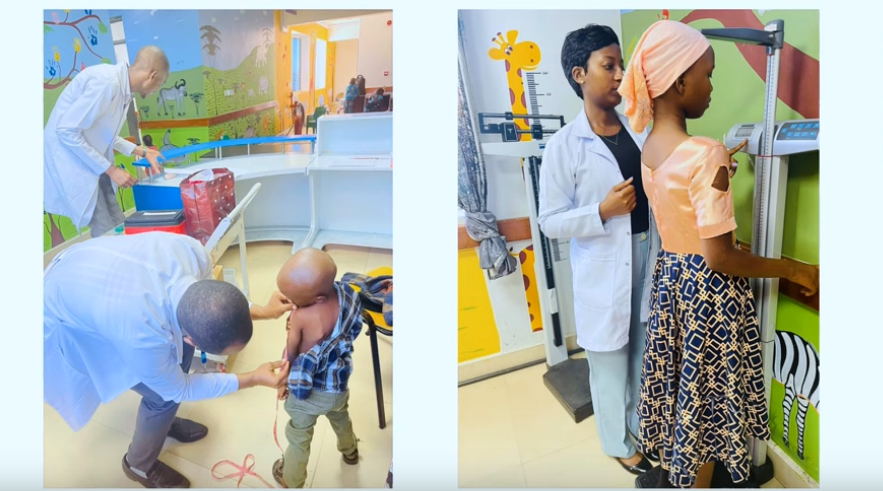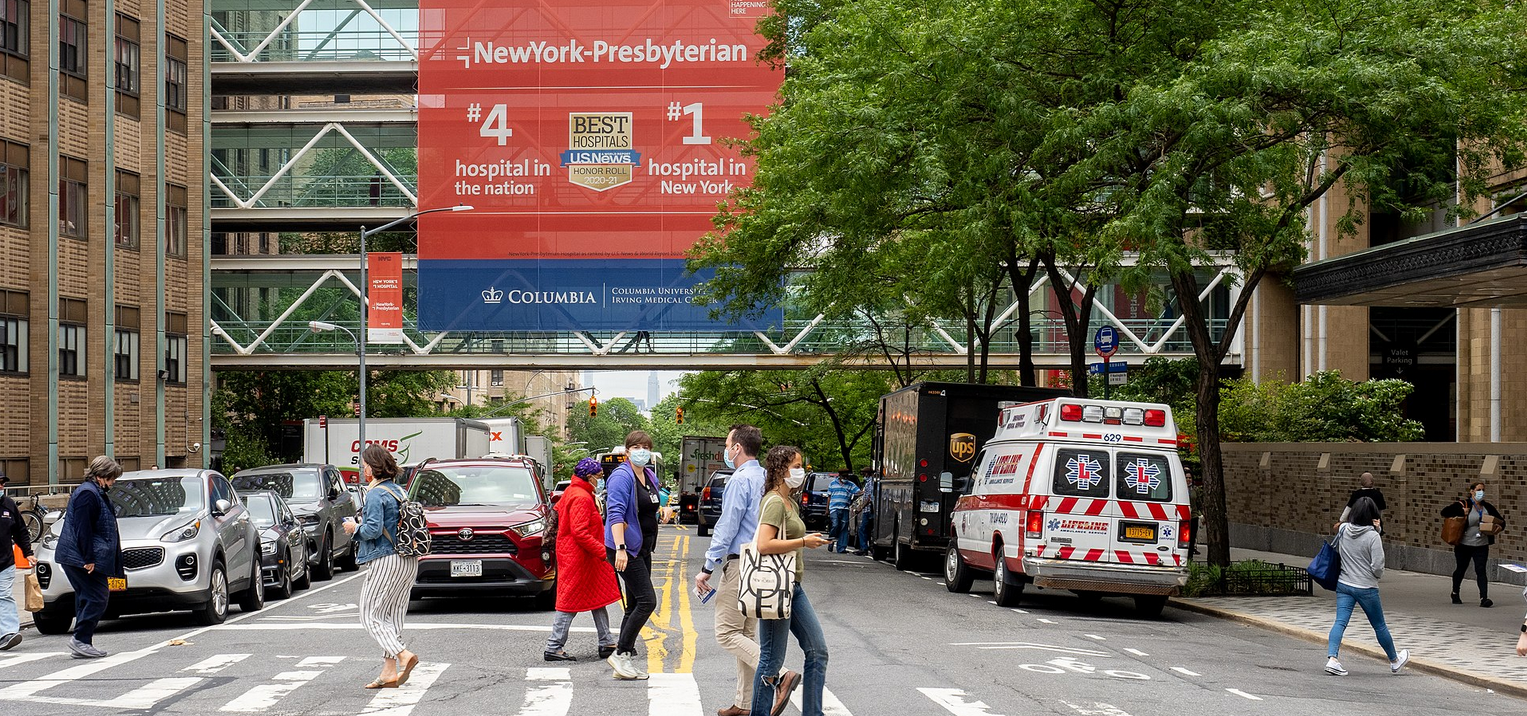Dr. Teixeira didn’t let other’s judgment about the color of his skin deter him. He excelled as one of the finest doctors of minimally invasive surgery in the country; a procedure less invasive than open surgery.
[Profile: On Medicine]
Dr. Julio Teixeira, Director of Bariatric Surgery and Chief of Minimally Invasive Surgery at St. Luke’s–Roosevelt Hospital in Manhattan comes across as down to earth, caring, sensitive, attentive, warm and personable.
Yet, Dr. Teixeira stellar career in medicine, philanthropy and community service was more serendipitous than a straight edge path to success.
He was born and raised on the Cape Verde Islands, off the West Coast of Africa, near Morocco. In childhood, he ventured off to the beaches – either alone or with his brother – from the time he was seven years old. He enjoyed the carefree, laid back and easy going childhood spent there; but when his parents uprooted the family to the United States for a chance to better educate their children, things became hectic and his future tenuous at best.
“The challenge was more cultural and linguistics than anything else,” said Dr. Teixeira about his teenage years, after he arrived here in New York to live with an aunt. He spoke Cape Verdean and Portuguese, but not a word of English, in which he dropped out of school. “The cultural challenges were a little different. I came from a society where I wasn’t aware of racism – we were the dominant culture,” he recalled.
His father was a teacher and his mother, a home maker.
In 1979, Dr. Teixeira had a problem. He didn’t understand English. So with the help of family friends in Rhode Island, the family moved there, where Dr. Teixeira enrolled in an ESL program. He eventually excelled in school.
After high school, he enrolled at Boston University and finished his undergraduate degree at City College in New York. He then attended Temple University Medical School and then did his residency at New York Medical College, where he took out lots of loans and survived the grueling tasks of completing his medical degree.
“High School, college, and medical school, I recognized that you have different challenges beyond academics,” he said about the process for an immigrant to assimilate, associate, and acculturate into the status-quo of a predominant culture that has a history of racism.
“I went through some things, but it was more awareness, more of a perception that their attitude weren’t mine. I became more aware of it – the cultural attitude of having darker skin.”
Dr. Teixeira didn’t let other’s judgment about the color of his skin deter him. He excelled as one of the finest doctors of minimally invasive surgery in the country; a procedure less invasive than open surgery. It is with the use of devices and remote-control manipulation – think robotic surgery.
He is married and a father of an one-year old. Dr. Teixeira has created an organization called Medical Training Worldwide. The goal of the project is to bring the technique of minimally invasive surgery to developing countries, where he and his colleagues travel, in Africa, Asia and Latin America.
They make arrangements with the various governments and pay their own airfare. “The fun part is the surgery but the hard part is raising funds,” he said.
In 1997, Medical Training Worldwide was incorporated by The Society for American Gastrointestinal Endoscopic Surgeons (SAGES). This charity work came full circle in 2004, when the group traveled to train physicians in the Cape Verde Islands for the first time.
“I just came back this week from Cape Verde Island for a week with a group of Ohio State University physicians,” he said, during the recent interview. “I have an one-year old and I’m constantly at the learning stage. Nonetheless, it’s a challenge to do the things I do. It’s easy to follow a routine and go about your chores, but they’re so many benefits to this program. It’s more than a vacation. It’s something that helps people. I’m working and teaching young doctors about missionary work which is a good thing.”







